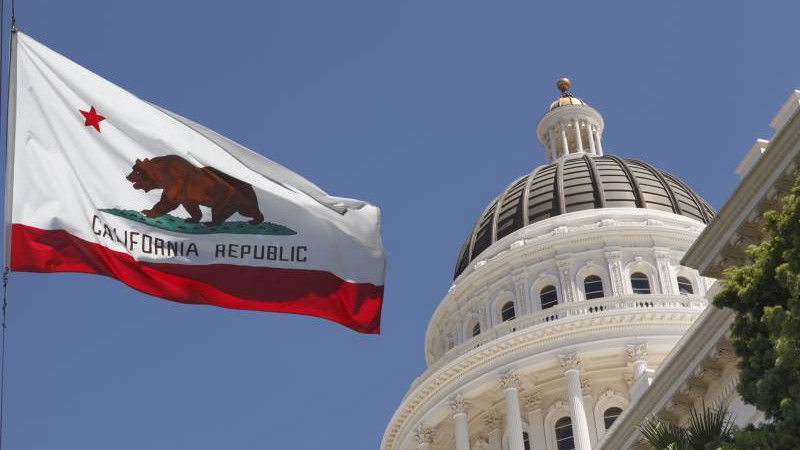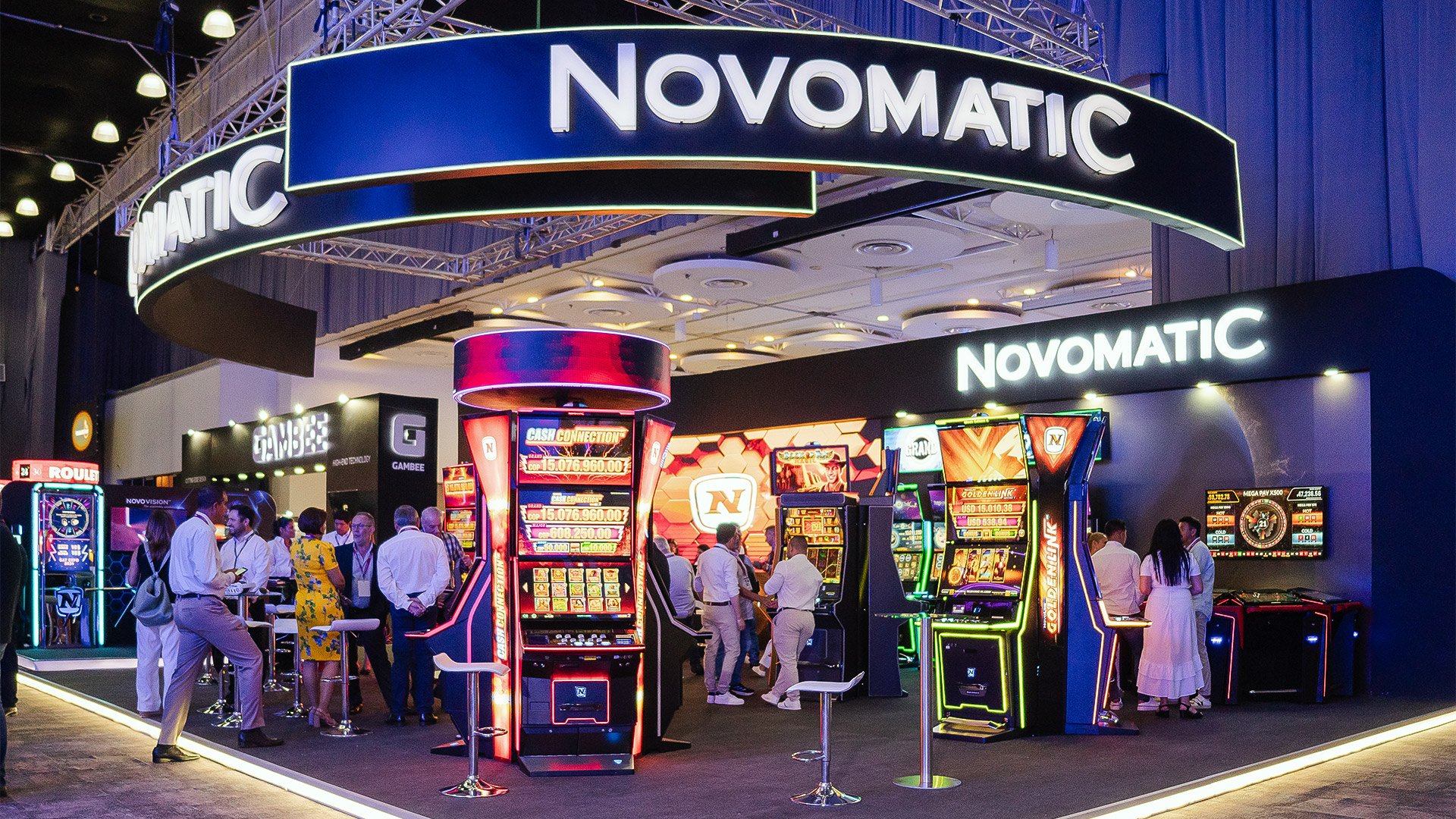Nevada wants gaming industry to pay to regulate

During February's special legislative session to close a more than us$ 800 million budget gap, casino lobbyists backed away from an effort by Democrats to have gaming pay the control board's costs. The industry said there wasn't consensus on the idea, especially considering that Nevada casinos had already suffered a record us$ 6.7 billion loss and laid off some 34,000 workers in 2009.
Several lawmakers, however, have quietly said they want to study the idea again. Analysts said Nevada should look at how self-funded gaming regulation works in other states. "I think it's something you certainly want to look at," said David Schwartz, director of the University of Nevada, Las Vegas' Center for Gaming Research. "I think it's important to look at the pros and cons of all kinds of public expenditures and revenue options."
Nevada Resort Association lobbyist Billy Vassiliadis said gaming industry representatives were against the self-funding regulatory plan proposed during the special session because it "seemed to be more of a last-minute idea and not well thought out." Vassiliadis said the proposal was a "radical departure" from Nevada's long-standing regulatory history.
Neilander said he plans to look at Mississippi, where state lawmakers recently approved a measure to have the us$ 10 million annual Mississippi Gaming Commission budget be fully funded through industry fees assessed for gaming licenses, work permits, inspections and gambling equipment. "Mississippi and Nevada have very similar approaches to the regulation of gaming," Neilander said. "I'm curious to see how they make it work."
Gaming has been legal in Mississippi since 1992, and the state copied much of its gaming regulatory law from Nevada. Over the past 18 years, the state has moved away from paying for casino regulation and placed most of the burden on its casino operators and slot machine manufacturers.
Until this year, the industry covered 70 % of the gaming commission's operating costs. A bill signed into law at the end of March by Governor Haley Barbour requires the gaming commission to set fees at a level that will allow the agency to operate without any funds from the state budget. The commission will spend the next two months taking public input on the fees.
Allen Godfrey, deputy director of the Mississippi Gaming Commission, said the method of self-funding has worked well in the state. Mississippi has 29 casinos that produced us$ 2.46 billion in gaming revenue in 2009, a decline of 9.4 % from 2008. The state has an 8 % tax on gaming revenues, while an additional 4 % gaming tax is imposed by local governments.
"The industry was already paying 70 % of the budget, so there didn't seem to be much of an issue to have the industry pick up the remaining amount," Godfrey said.
Gaming commission Chairman Jerry St. Pe told The Associated Press the fee structure was fair and balanced. "We have not lost sight of the fact that we are in a challenging times in this industry," St. Pe said. Nevada's gaming industry is facing the same issues as Mississippi's.
The state has 430 casinos, which produced us$ 10.4 billion in gaming revenues in 2009, a decline of 10.4 %. State gaming taxes are at 6.75 % on casino revenues. While gaming taxes provide roughly 5 % of Mississippi's general fund, gaming taxes account for nearly 50 % of Nevada's annual budget.
Neilander saw two issues in Nevada switching over to a program where the gaming industry funds the regulatory process: implementing the concept and avoiding any appearance of conflict of interest between regulators and the industry. "Policy questions are really legislative decisions," Neilander said.
Vassiliadis said the gaming regulatory process has avoided appearances of impropriety. He worried that having the industry directly pay regulatory costs could change that image. "No state in the union is judged as much by its gaming industry as Nevada," Vassiliadis said. "I think one of the saving graces is that we have an independent regulatory agency that is strong in stature and independent from the industry."
Four gaming companies - MGM Mirage, Harrah's Entertainment, Boyd Gaming Corp. and Ameristar Casinos - operate casinos in Nevada and Mississippi. MGM Mirage spokesman Alan Feldman said he still doesn't favor changing Nevada's regulatory funding structure. "In a way, gaming already funds the control board because what we pay in gaming taxes passes through the general fund to the agency," he said.

















